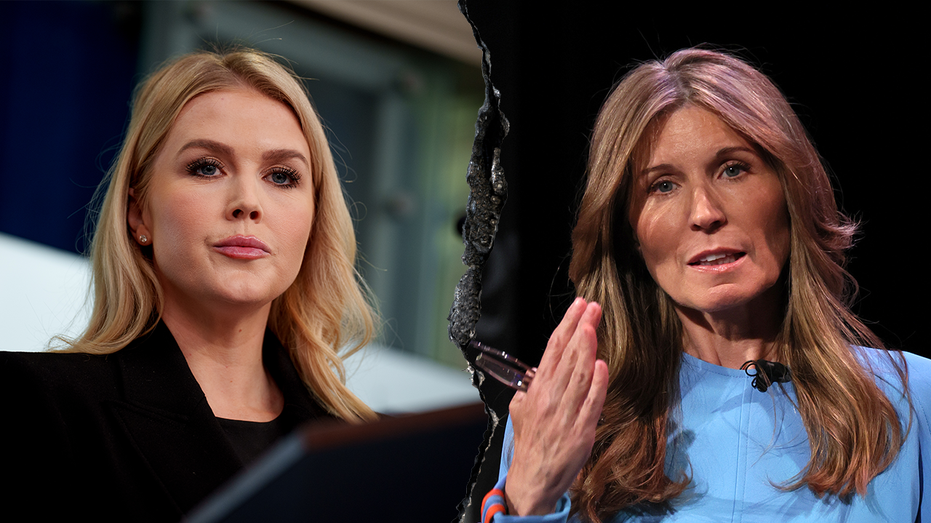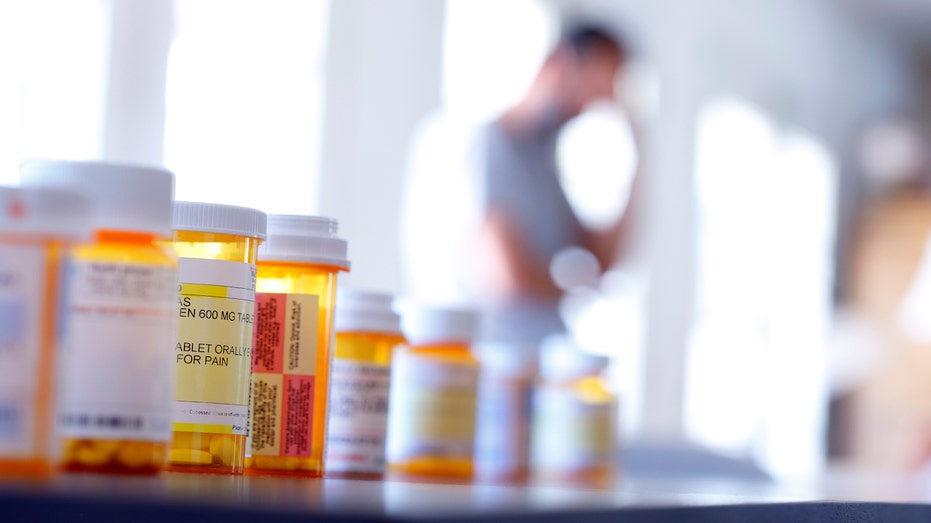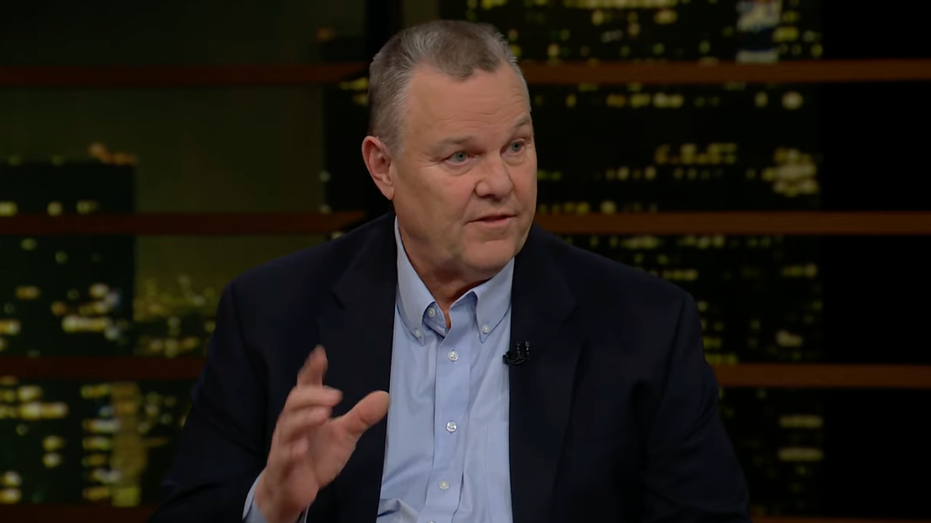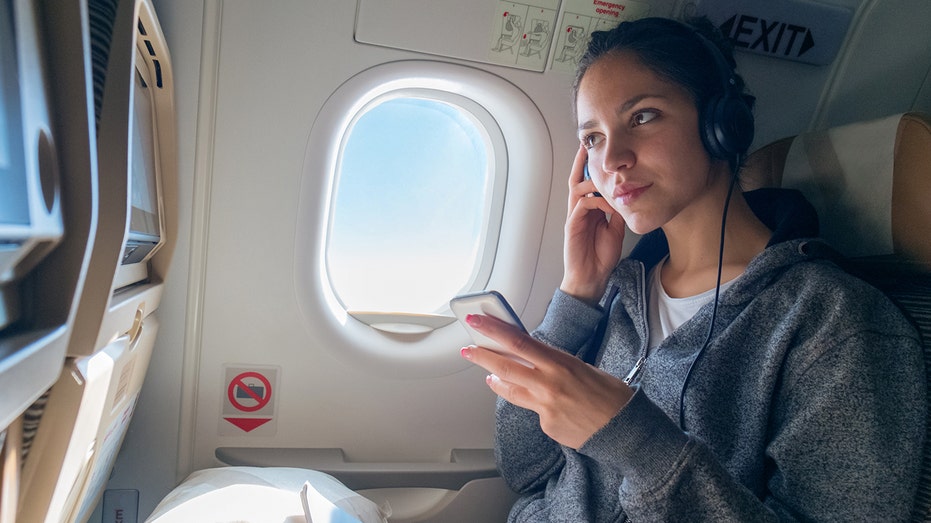- by foxnews
- 09 Mar 2025
Experts want QR code tracking of rapid antigen test results to gauge Australia’s true Covid numbers
Experts want QR code tracking of rapid antigen test results to gauge Australia’s true Covid numbers
- by theguardian
- 31 Mar 2022
- in news
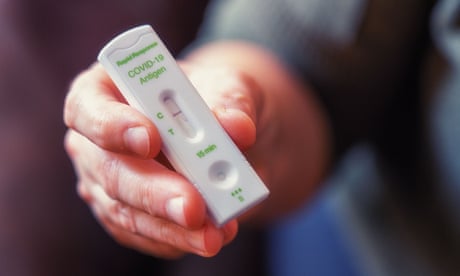
Australia's Covid case numbers are likely much higher than is currently being reported, with epidemiologists calling for QR code tracking of rapid antigen tests and random community testing.
At the peak of the first Omicron wave earlier this year, there were estimates that cases were up to 10 times higher than officially reported due to lengthy PCR wait times and the nationwide shortage of rapid antigen tests.
While testing queues have subsided and rapid antigen tests are now widely available, experts are still concerned the true number of cases within the community is higher than official reports.
Between 1 and 30 March, the number of daily Covid cases in Australia more than doubled from 25,017 to 61,331. New South Wales recorded the highest number on Wednesday with 25,235 cases, while there were 11,749 in Victoria and 10,626 in Queensland.
Asymptomatic infections and a lack of accountability to ensure people record positive rapid antigen tests mean many cases are missed, according to Adrian Esterman, a professor of biostatistics at the University of South Australia.
"There are certainly far more cases than officially reported. This is primarily because about 30% of people infected with Omicron have no symptoms and, therefore, are unlikely to get tested," he said.
"The states mandate that any positive rapid test must be reported. However, if people are just buying [rapid tests] from the chemist and it comes out positive, how will the government know they've reported it? They won't, is the answer."
Esterman said adding QR codes to rapid tests, like in the UK, would make it easier for people to log their results.
"The UK has got a very simple solution. Every rapid antigen test has a QR code, and when you've done it, you scan it, and it asks if your test was positive, negative or void. It takes two seconds, so it's a pity we don't do the same thing here."
Dr Michael Lydeamore, an infectious disease modeller at Monash University, said a well-known flaw in rapid antigen tests was that they were less effective at detecting positive results than PCR testing. However, he noted there was not a need to detect every single case as this was unlikely to change public health policy as the government was no longer pursuing a Covid-zero strategy.
"The sensitivity of a RAT is not as high as a PCR. That's a well-known limitation of RATs: they just won't detect as many people as PCRs. But that is OK because we don't need to detect every case at this stage of the pandemic."
Both experts called for governments across Australia to conduct random Covid testing, such as those undertaken in the UK.
"We need to do what the UK does: random surveys. They determine how many people they survey have got Covid, and they compare that to the reported number," Esterman said.
Last week the Western Australian government announced a large-scale trial to detect Covid within industries that require workers to travel frequently between metropolitan and regional areas.
"What that survey will tell us is how many people have been exposed to Covid, and I think that gives you a really good grounding to base everything else off," Lydeamore said.
The Kirby Institute at the University of NSW and the National Centre for Immunisation Research and Surveillance have launched a Covid prevalence survey to determine how many people contracted the Omicron variant. Known as a serosurvey, researchers are examining the results of antibody tests taken six weeks after the peak of the Omicron wave in January.
Prof John Kaldor, a Kirby Institute epidemiologist who is part of the team conducting this research, said there was always doubt about the true number of cases across Australia.
"Throughout the successive waves of the pandemic, it has been increasingly difficult to know how far the reported cases are underestimating the true number of infections."
While surveys conducted during the first year of the pandemic in 2020 found less than 1% of Australia's population had been exposed, Kaldor expected the exposure rate to be much higher this time.
The surge in Covid cases is being partly driven by spread in schools.
Correna Haythorpe, the president of the Australian Education Union, said there was a lack of transparency about the spread of Covid among teachers and students.
"It's very difficult to understand the extent of the problem without data being available. But we know it's a huge problem because we're hearing it anecdotally from our members every single day," Haythorpe said.
She called for national guidelines to be issued to set out best practices in terms of Covid management in school.
A spokesperson for the federal health department said the government was considering a range of strategies to improve surveillance data, including serosurveys.
"Given Covid-19 infection can occur without symptoms, it is impossible to capture data in relation to each individual case," the spokesperson said.
Esterman said the removal of public health measures meant case numbers would remain constant despite most states expecting to reach the peak of the BA.2 variant in mid-April.
Although the true extent of Covid cases within the community remains unknown, experts stressed the need to retain health measures such as mask wearing and social distancing.
"Keep your distance where you can, meet in well-ventilated spaces, wear a mask if you are in a space where you can't keep that sort of distance. Although they're not rules or laws any more, it doesn't mean you can't do them," says Lydeamore.
- by foxnews
- descember 09, 2016
'Speaker scum' on flights sparks debate among travelers: 'This is getting out of hand'
A traveler asked social media users to weigh in on flyers who play audio aloud on their devices and don't use headphones.
read more